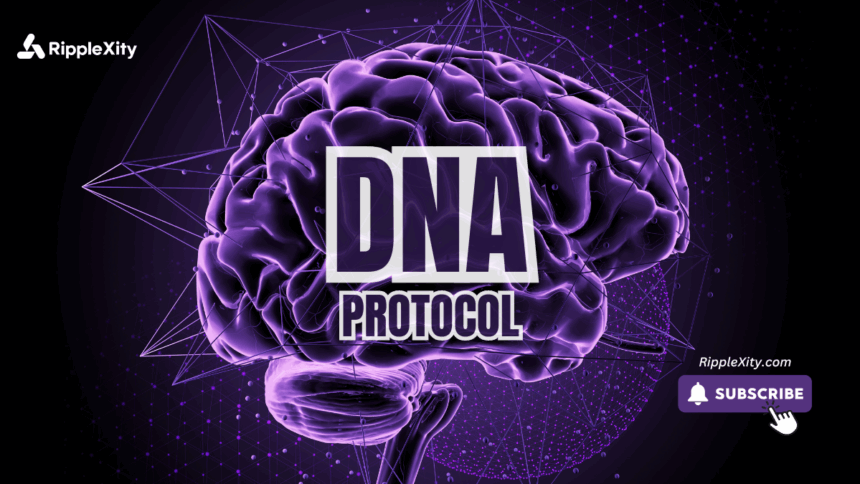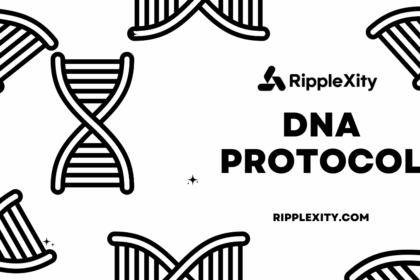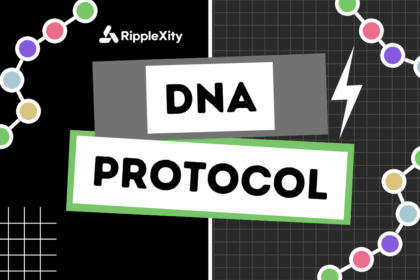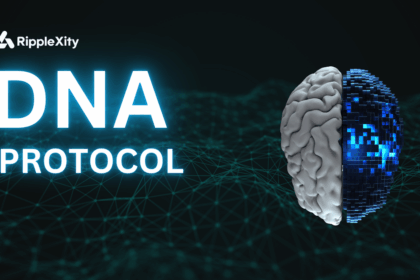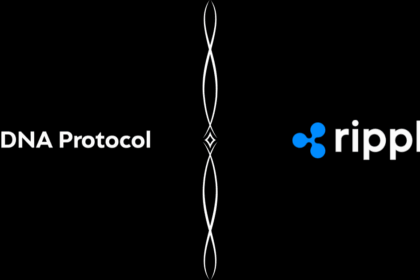In an era where identity theft, synthetic fraud, and biometric manipulation are on the rise, DNA Protocol introduces a foundational approach to digital identity by integrating Bio-KYC—a system that anchors DNA-based identity on blockchain infrastructure.
This initiative is designed to provide individuals with a verifiable, cryptographic link between their genomic signature and their digital presence, with privacy, security, and data ownership as core pillars.
🔍 What Is Bio-KYC?
Bio-KYC stands for Biological Know Your Customer—a privacy-enhancing digital identity framework that incorporates genomic data for authentication and verification.
Unlike traditional KYC methods (which rely on documents and biometrics like facial scans or fingerprints), Bio-KYC introduces an additional layer of trust by anchoring a hashed version of a person’s DNA signature to the blockchain. This approach provides immutable, decentralized verification while ensuring the raw DNA data never leaves the user’s custody.
🔐 How Bio-KYC Works
- DNA Sequencing & Hashing
Individuals undergo genomic sequencing (via a third-party lab or existing genetic record). The data is hashed locally using cryptographic algorithms to generate a unique DNA fingerprint. - On-Chain Registration via DNA Protocol
This fingerprint is anchored to the blockchain via GenomeChain™, DNA Protocol’s infrastructure layer, which timestampedly records the hash. - Zero-Knowledge Proof for Identity Matching
When users need to verify their identity, a zero-knowledge proof (zk-proof) is generated to prove ownership of the genomic fingerprint—without revealing the underlying DNA. - Usage Across Ecosystems
The Bio-KYC identity can be used across dApps, clinical platforms, cross-border digital IDs, or in secure environments that demand high-level verification.
✅ Benefits of Bio-KYC via DNA Protocol
- Immutable Identity Anchor
DNA cannot be faked, altered, or regenerated—making it a resilient identity marker. - Decentralized Storage of DNA Hash
Only the hashed fingerprint is stored on-chain; raw DNA data remains off-chain and user-controlled. - Cross-Platform Compatibility
Integrates with Web3 platforms, healthcare systems, and regulated DeFi services where identity compliance is required. - No Central Authority
Bio-KYC is fully user-owned, removing reliance on third-party KYC providers.
🌐 Integration with Ripple Blockchain Infrastructure
DNA Protocol leverages the scalability and speed of the XRP Ledger (XRPL) to anchor identity proofs securely. XRPL’s energy efficiency and low transaction costs make it ideal for use cases requiring real-time identity verification across regions and institutions.
Conclusion:
Bio-KYC by DNA Protocol is redefining digital identity by embedding genomic trust into the verification process. Anchored on the XRP Ledger and backed by cryptographic proofs, it provides a privacy-centric, fraud-resistant identity layer for the decentralized future.




